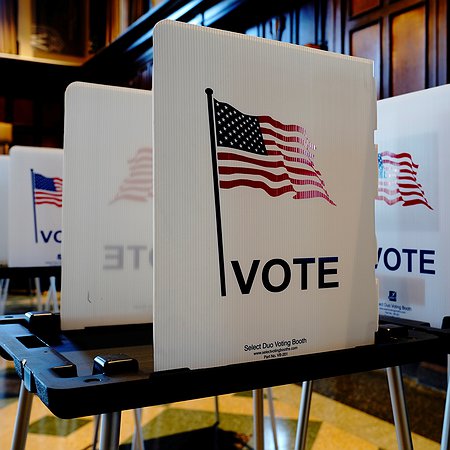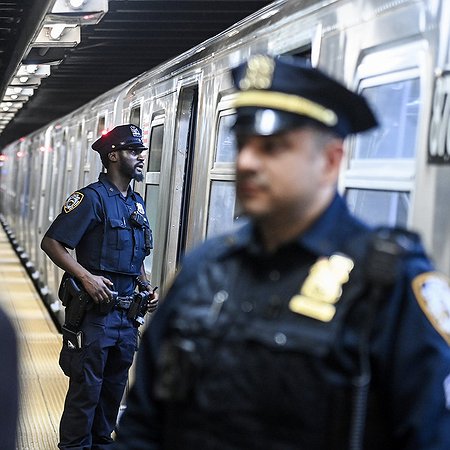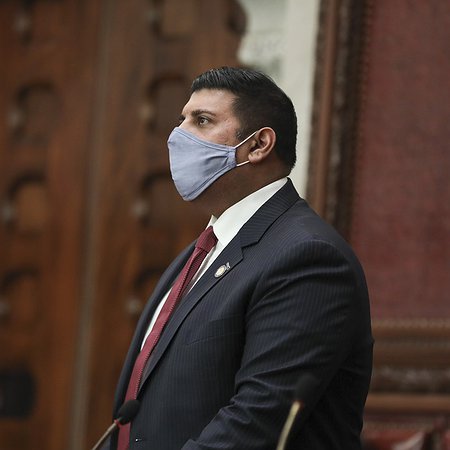Former NYS Supreme Court Judge Misleads Public About Bail Reform, Admits To Violating Law
A former New York Supreme Court judge misled the public about bail reform laws in an interview with a Buffalo news station
The Briefing

A former New York Supreme Court judge misled the public about bail reform laws in an interview with a Buffalo news station. Additionally, Judge Penny Wolfgang acknowledged that – as a sitting judge – she made bail decisions based on who she believed should or should not be in jail and not based on the statutory purpose of bail, which is to ensure a person’s return to future court dates. In short, she admitted that during her decades-long tenure as a judge, she violated the Constitution and law.
"Dangerousness" has never been a standard for setting bail in New York
The WIVB interview begins with a reporter incorrectly stating that bail reform limits a judge’s ability to assess the “dangerousness” of a person charged with a crime. “Dangerousness” has never been a standard for setting bail in New York, and the state definitively declined to adopt it in the 1970s – and for good reason. Allowing a judge’s (or algorithm’s) prediction of “dangerousness” to serve as a basis for holding someone in jail while they are presumed innocent has clearly yielded racist results based on data from jurisdictions that allow this practice.
Judge Wolfgang ignored the law and due process in making bail decisions
The judge pushed back on the reporter’s assertion about dangerousness, but admitted to breaking the law moments later in sharing how she made bail decisions as a judge. The judge stated that she would think “not that the person was necessarily dangerous but that they should not be out in the community at this particular time.”
Judge Wolfgang admitted to making decisions about a person’s freedom based on her own subjective impressions of who should be in jail and not according to the law and due process, which requires clear findings based on statutory criteria to ensure a person’s return for future court dates. This admission shows why legislators removed judicial discretion about bail decisions for low-level crimes. Lawmakers in New York acknowledged that people accused of low-level crimes do not deserve to be subjugated to the violence, danger, and isolation of jail.
Jail is not an effective public safety measure
Moments later, a reporter asked a question that falsely linked “repeat offenders” to bail reform. Bail reform is not connected to any increases in crime, and pretrial arrest rates for violent crimes are nearly identical pre- and post-bail reform.
In response, Wolfgang used an example of shoplifting to attempt to draw a relationship between deterrence and bail reform, suggesting that people accused of petty crimes should be detained indefinitely pretrial, ostensibly to ensure they do not shoplift again.
Pretrial detention does not deter crime; instead it exacerbates crime’s driving factors. We know that pretrial incarceration is deadly, dehumanizing, and increases the likelihood of future arrests. Prior to bail reform, individuals charged with shoplifting would often spend at least a week behind bars because they could not buy their freedom, separated from their families and their support system while being exposed to violent and dangerous conditions in jail. Upon release, they would not be given access to financial assistance or other necessary resources that might mitigate future incidents. If jail were an effective public safety measure, people would not continue to commit crimes after release. Instead, Wolfgang advocated for a person accused of petty theft to be subject – indefinitely – to violent and dangerous conditions in jail.
Bail reform has already saved millions of taxpayer dollars and protected the freedom of more than 180,000 people awaiting trial, allowing them to stay with their families and maintain their employment as they challenge their arrest and fight for fair outcomes. Eliminating excessive bail is not only a constitutional mandate but a clear public good—and so far, a resounding public policy success.
Story Link
Judge Wolfgang's interview with WIVB 4








